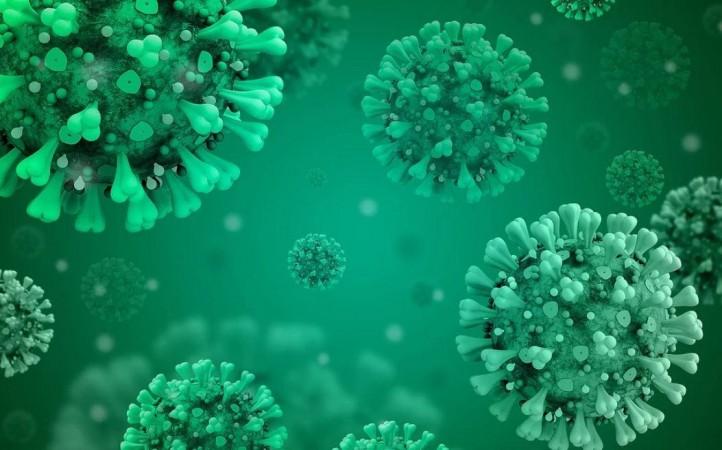While vaccination may potentially help in preventing the contraction of COVID-19, ideal treatment post-infection has remained evasive. An important aspect of the infecting mechanism of the SARS-CoV-2 virus is its replication cycle, whose decrease can help tackle the disease effectively. Now, a new study has found that an experimental broad-spectrum antiviral medication known as GC376 may serve as an ideal postinfection treatment for the novel coronavirus infection.
According to the multi-institutional study, animal models that were infected with the SARS-CoV-2 virus and treated with modified form (deuterated) GC376 significantly improved survival and reduced viral load. The study was published 'in the journal PNAS.
"Treating SARS-CoV-2-infected mice with deuterated GC376 significantly improved survival, viral replication in lungs and weight losses, which shows the efficacy of the antiviral compound. The results suggest deuterated GC376 has a potential for further development, and this deuteration method can be utilized to other antiviral compounds to generate potent inhibitors," said Dr. Kyeong-Ok Chang, lead author of the study, in a statement.
Inhibitor of Viral Replication

GC376 was developed by scientists from the Kansas State University, and its patent has been licensed from the institution by Anivive Lifesciences, a US-based biopharmaceutical company, for commercial development. GC376 exhibits lethal activity against coronaviruses such as those infecting feline, mink, ferrets, and human beings, among others, and also noroviruses.
The investigational drug has widely been researched for the treatment of Feline infectious peritonitis (FIP) caused by feline coronavirus (FCoV). GC376 is a protease inhibitor—a drug that prevents viral replication. It does so by selectively binding with viral proteases (a type of enzyme), which blocks the triggering of proteins that are required for the manufacturing of infectious viral particles. In the case of the SARS-COV-2, it is the 3C-like protease (3CLpro) that is crucial for replication.
"After COVID-19 emerged, many research groups reported that this inhibitor is also effective against the coronavirus that causes COVID-19, and many are currently pursuing the development of protease inhibitors as a treatment," stated Dr. Yunjeong Kim, lead author of the study.
Treating Infected Mice With GC376

For the study, the authors subjected GC376 to modification using a tool known as deuteration in order to test its effectiveness against COVID-19. In this technique, a part of all the regular hydrogen atoms is switched with deuterium (an isotope of hydrogen). Deuteration of drugs helps in their enhanced potency, improvement of pharmacokinetics, and reduction in their toxicity.
The researchers infected K18-hACE2 mice with SARS-CoV-2. These mice express ACE2 receptor, a protein used by the virus to invade human cells. Thus, they have emerged as effective animal models for the study of COVID-19. The mice developed mild to lethal forms of the viral disease after exposure to the virus. Following this, they were treated with deuterated GC376. The treatment was administered 24 hours after infection.
Strong Action Against SARS-CoV-2

It was found that treating the infected mice with deuterated GC376 24 hours post-infection enabled improved survival in them when compared to mice treated with vehicle-treated mice. Vehicle refers to the dissolving of a compound—in this case, GC376—in mineral oil or saline, and administered to the infected animals.
The concentration of the virus in the lungs, or titers, was found to be decreased, and the cellular changes within the infected cells were found to be improved in comparison to vehicle-treated mice. The team also gleaned through high-resolution crystallography that there were visible binding interactions with the 3CLpro of SARS-CoV-2 with deuterated forms of GC376.
"Taken together, deuterated GC376 variants have excellent potential as antiviral agents against SARS-CoV-2," wrote the authors in the study. Currently, deuterated GC376 is being examined for further development—which may help make the drug a lot more potent against the coronavirus.

















